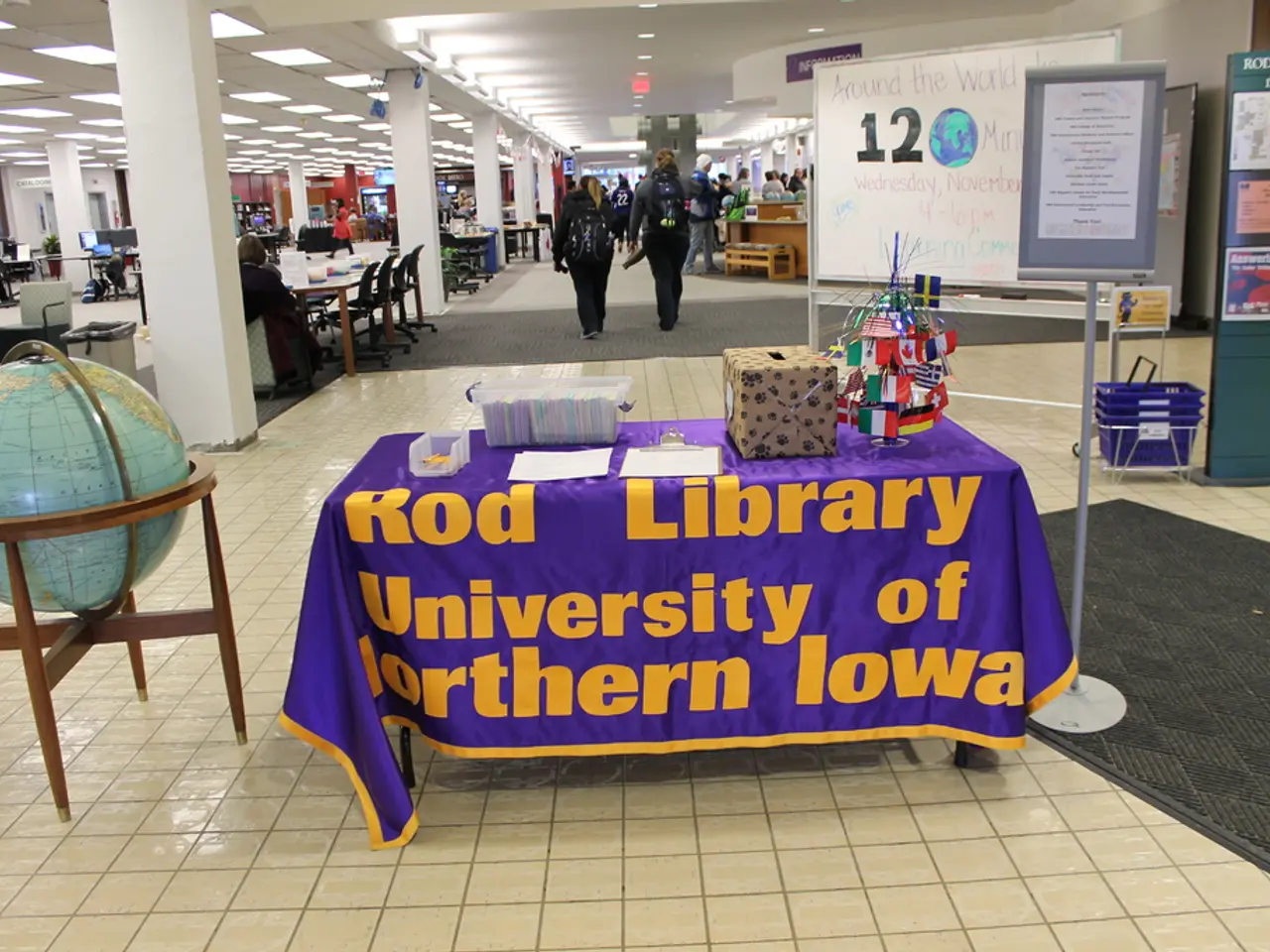Riyadh Comedy Festival Sparks Global Human Rights Debate
A comedy festival in Saudi Arabia's capital, Riyadh, has sparked international debate about the kingdom's human rights record. The event, part of Saudi Arabia's efforts to diversify its economy and enhance global influence, has drawn criticism for its timing and participants' silence on human rights issues.
The festival, held in recent weeks, aimed to provide entertainment to Saudi citizens amid declining religious focus and reduced state generosity. However, it has instead brought Saudi Arabia's human rights record back into the spotlight in the United States and other countries.
Saudi leaders view the entertainment sector as a potential economic engine and market for Arabic-language content. They have invested heavily in global cultural events and institutions since the early 2010s, including major sports events and acquisitions like the recent purchase of Electronic Arts. These efforts are part of a strategy to reduce dependence on fossil fuels and improve the kingdom's international image.
However, the Riyadh Comedy Festival has faced criticism for its timing and the silence of participating comedians on Saudi Arabia's human rights issues. Few comedians publicly promoted their participation or listed Riyadh on their tour schedules. Those who did participate faced backlash for accepting payment without speaking out against the kingdom's human rights record.
Saudi Arabia's cultural investments, while aiming to improve its image abroad, also serve to shape mass social values and generate new revenue. The personal interests of key officials also play a role in these investments. The kingdom's hosting of the festival and its proposed buyout of Electronic Arts have reignited criticisms of reputation laundering.
The Riyadh Comedy Festival has highlighted the complex dynamics of Saudi Arabia's cultural investments and their impact on the kingdom's international image. While these investments aim to diversify the economy and enhance global influence, they also draw scrutiny and criticism, particularly when they involve human rights issues.







